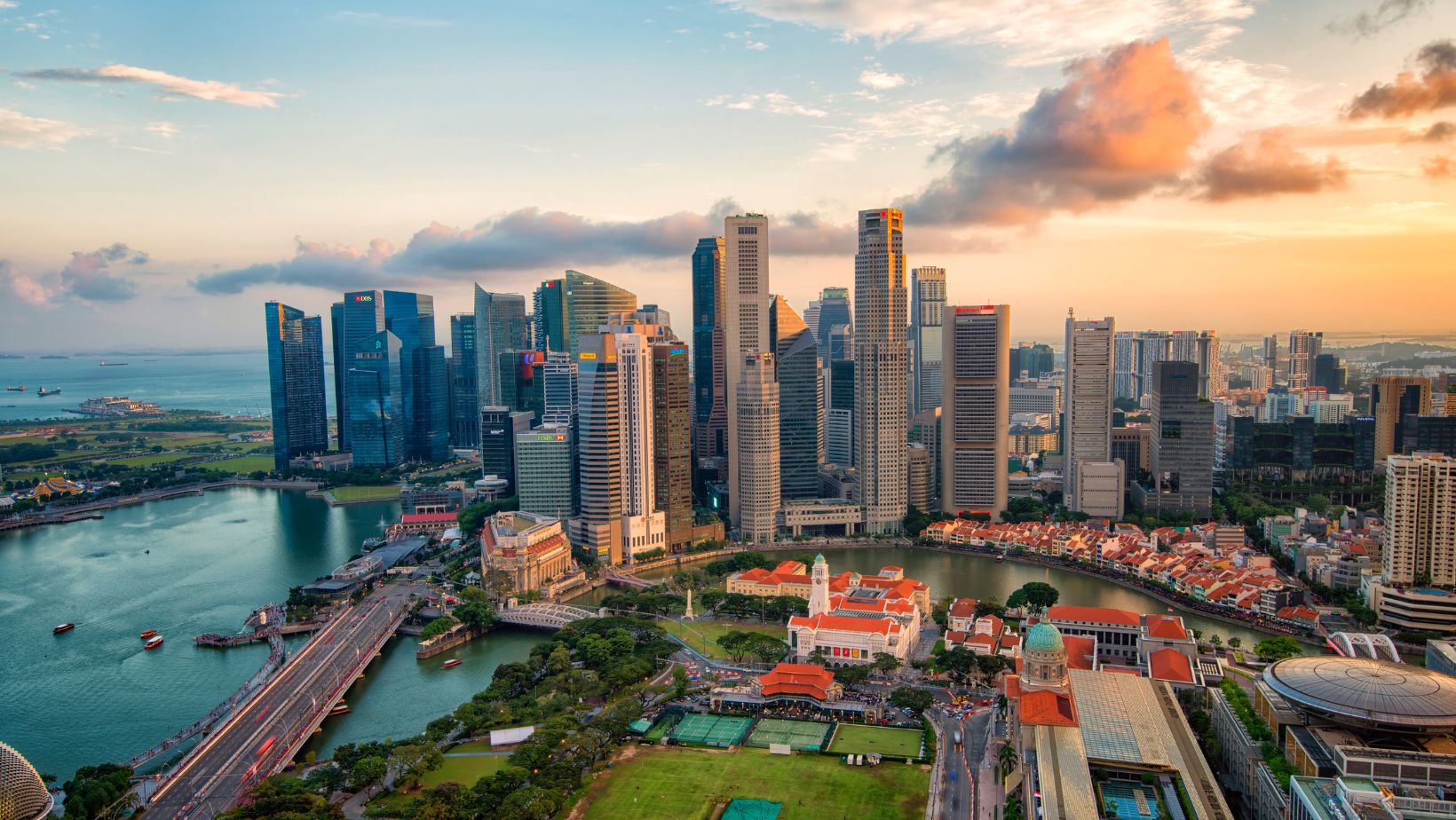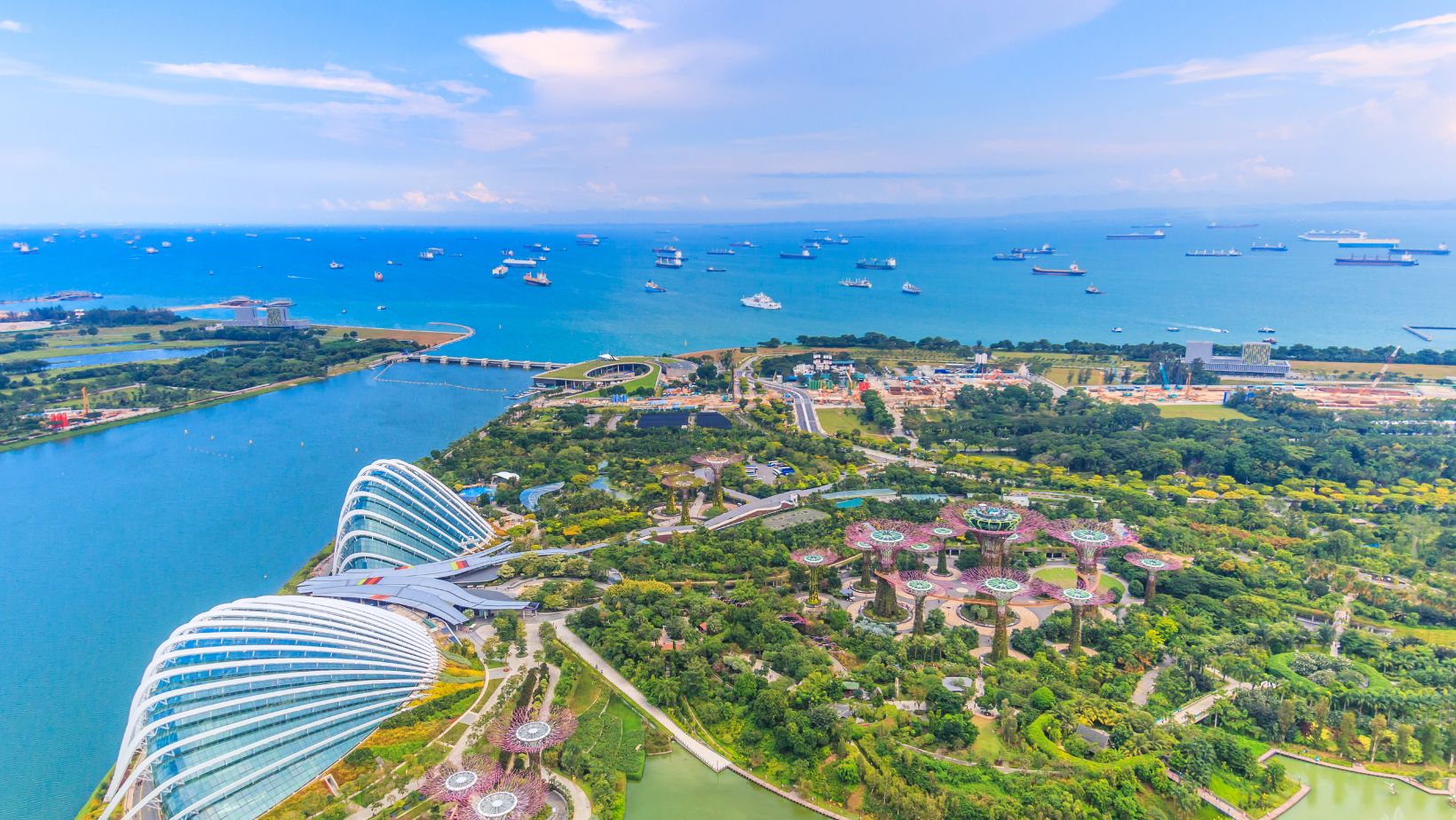For a country that sells condoms next to candy in convenience stores, It takes a markedly different approach to the morning after pill in Singapore. Recently, a 25-year-old woman found herself frantically searching for emergency contraception after a condom broke during sex. Instead of an easy pharmacy purchase, her Sunday morning turned into a stressful quest, one that highlights how obtaining the morning-after pill here is anything but straightforward.
She first tried her neighborhood pharmacy, only to be met with a polite shake of the head. Unlike in the United States or United Kingdom where Plan B is available off the shelf, in Singapore emergency contraception isn’t sold over the counter. A doctor’s prescription is mandatory according to atamed.sg.
The pharmacist gently informed her that she’d need to visit a clinic. It was 8am on a Sunday, and most clinics were closed. As the minutes ticked by, she phoned a private women’s health center that advertised same-day appointments. Yes, a doctor there could help, but only after a consultation to assess her situation.
This extra step is by design. Singapore regulates the morning-after pill tightly. Health authorities require women to consult a medical professional who can address questions and clear up misconceptions before dispensing the drug.
It’s a well-intentioned safeguard: doctors often use the opportunity to remind patients that emergency contraception isn’t an abortion pill and won’t work if a pregnancy has already taken place. In fact, many youths mistakenly believe the opposite – a 2018 survey by local advocacy group AWARE found some young people thought the pill causes abortions
A face-to-face consultation can correct such myths. Still, sitting under the harsh clinic lights that afternoon, our protagonist couldn’t help feeling that this requirement was a hurdle at a very vulnerable moment.
Socially, there’s a veil of silence around emergency contraception. Sexual and reproductive health is still treated as a taboo subject in Singapore often confined to awkward jokes rather than open conversation.
Reliable information can get drowned out by myths and hearsay. So when a panicked young woman finds herself needing the morning-after pill, she may not know where to turn. In this case, our protagonist hesitated to even ask her family GP, fearing she’d be judged. “It’s so hush-hush,” she said. “I felt like I’d done something wrong even though I was just trying to be responsible after an accident.”
Medical professionals have mixed views on making the pill more accessible. Some argue the consultation requirement ensures safe use and proper counseling. Others quietly wonder if it causes more risk by delaying timely access. One gynecologist pointed out the pill can prevent around 95% of pregnancies if taken within 24 hours but its effectiveness drops each day. Requiring a prescription can thus mean critical time lost, especially on weekends or public holidays when finding an open clinic is hardest.
Access also depends on one’s means. Not every clinic stocks emergency contraceptives, especially smaller GPs who rarely see such requests.
In many other countries, emergency pills are sold like any other pharmacy item. In the US, for instance, some colleges even stock Plan B in vending machines.
But not in Singapore. The prevailing approach here is more conservative – a desire to ensure proper use, perhaps mixed with a moral hesitance about premarital sex. As a result, the morning-after pill remains quietly cordoned off behind the counter.
Change may be on the horizon. Younger Singaporeans are increasingly questioning these rules. Many argue that mandating a doctor’s visit only deters responsible use and adds stigma; they call for more convenient, shame-free access
In response, new telehealth platforms have sprung up to streamline the process: now a woman can have a brief online consultation and get the pill delivered to her door within hours. It’s still doctor-mediated, but on terms that feel more on-demand and discreet.
That night, as she finally swallowed the tiny tablet, our protagonist reflected on the day’s ordeal. In a city famous for its efficiency, getting a morning-after pill felt like running an obstacle course. “It shouldn’t be this hard,” she murmured. Yet for now, the morning-after pill in Singapore lives behind the pharmacy counter, obtainable and perfectly legal but using it can still feel like a quiet act of courage.
Bob Duncan is the lead writer and partner on ConversationsWithBianca.com. A passionate parent, he’s always excited to dive into the conversation about anything from parenting, food & drink, travel, to gifts & more!


